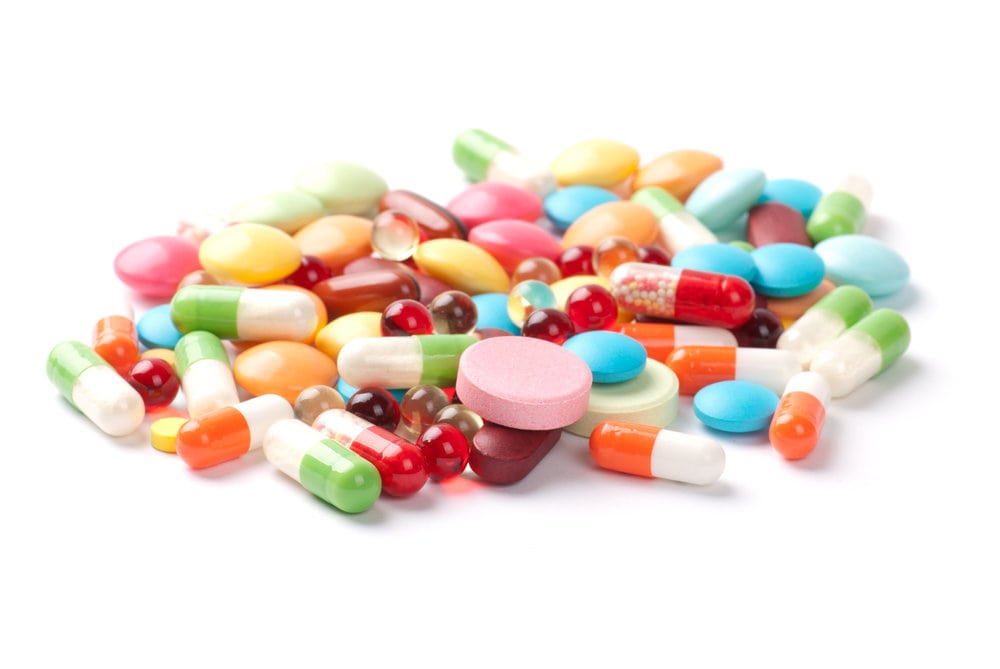
In 2014 the National Institute of Mental Health found that 20.2 million adults in the United States met the criteria for a substance use disorder. When most people think of a substance use disorder, they likely imagine a specific form of drug use. The stereotypical idea of an addicted person, which is largely invented by television and film, leads many people to believe that the only people who suffer from addiction are destitute and homeless. Another prevalent misconception is that the only addictive drugs are so-called “street drugs.” In fact, prescription medications are also widely abused and can sometimes even be far more dangerous. Understanding the dangers of both kinds of drugs is essential to recovering from a substance use disorder — and avoiding addiction in the first place.
Many people mistakenly believe that just because a medication is prescribed by a doctor or manufactured legally, that it must be safe. The reality is that many prescription drugs are just as potent as “street drugs.” As a result, these drugs can be addictive and can also cause life-threatening overdoses. While taking a medication as prescribed is generally safe, even individuals who follow directions can find themselves suffering from physical dependence. When physical dependence occurs, a person may mistakenly misuse or deliberately abuse their prescription by taking high doses. Physical dependence also causes individuals to experience painful withdrawal symptoms when they stop taking their medications. As a result, they may find themselves addicted despite their intentions to use their prescriptions safely.
Commonly abused prescription drugs include:
People begin taking prescription drugs for many reasons. Benzodiazepines are commonly prescribed for treating anxiety and sleep difficulties. Prescription opioids can treat pain and relieve suffering considerably. Amphetamines are frequently given to individuals who suffer from attention deficit hyperactivity disorder (ADHD). It is important to understand that while these drugs can be helpful, it is not difficult to abuse them or fall into patterns of addiction. Even people with no interest in drug abuse may end up addicted. Addiction itself is caused by a range of factors, ranging from a genetic predisposition to environmental factors.
The United States currently suffers from skyrocketing rates of opioid addiction and opioid overdoses. Of the 67,367 Americans who died of an overdose in 2018, 70% were using opioids. Until recently, street drugs such as heroin were the driving forces of the epidemic. Heroin, which is cheap and readily available, remains a powerful force. Nonetheless, in the last few years prescription opioids have become more life-threatening than heroin. Fentanyl is the biggest culprit. Fentanyl, a synthetic opioid that is manufactured to treat severe and chronic pain, is 50-100 times more potent than morphine and many times more potent than heroin. Fentanyl analogs such as carfentanil can be 10,000 times more potent than morphine. When this drug is abused, it can be difficult to determine a safe dosage. It is easy to develop a debilitating addiction, and it is all-but-impossible to prevent a life-threatening overdose.
The relationship between prescription drugs and street drugs also plays a role in the opioid epidemic. Heroin, for instance, continues to take lives. However, studies have shown that at least 70% of heroin users began using opioids when they were prescribed prescription opioids. While heroin may be the more infamous substance, most people develop their addictions while using perfectly legitimate drugs that are prescribed by physicians. As such, it is crucial for individuals to understand that prescription drugs, while sometimes medically necessary, are not inherently safe.
Whether a person is abusing street drugs like heroin or prescription medications like fentanyl, addiction remains a legitimate — and quite serious — medical condition. To avoid devastating consequences, it is necessary for individuals to enroll in a substance abuse treatment program. Addiction treatment programs, which as outpatient treatment centers, can help with the initial withdrawal process as well as the subsequent task of developing the skills necessary to avoid relapse. It doesn’t matter which drug a person started with or how their addiction has progressed. For people who seek help, long-term sobriety is possible.
